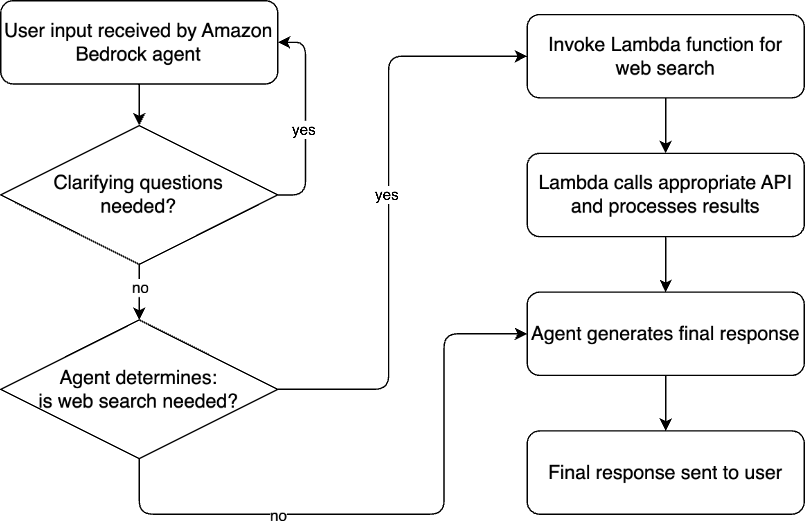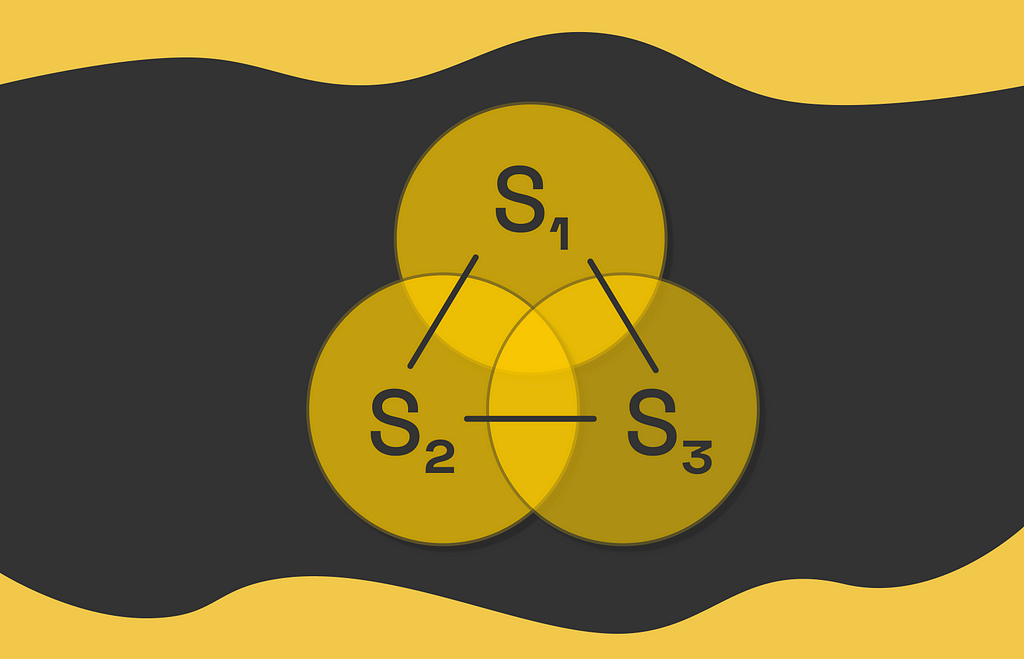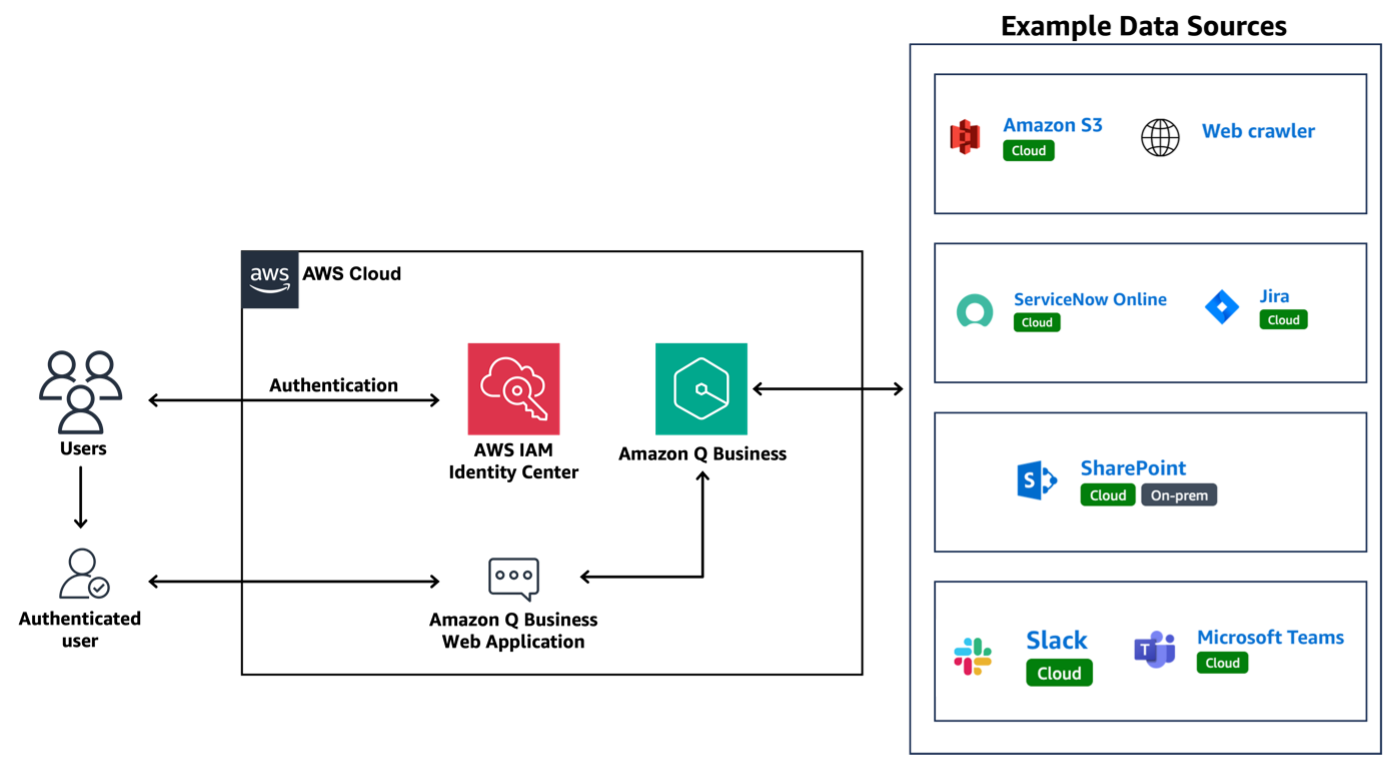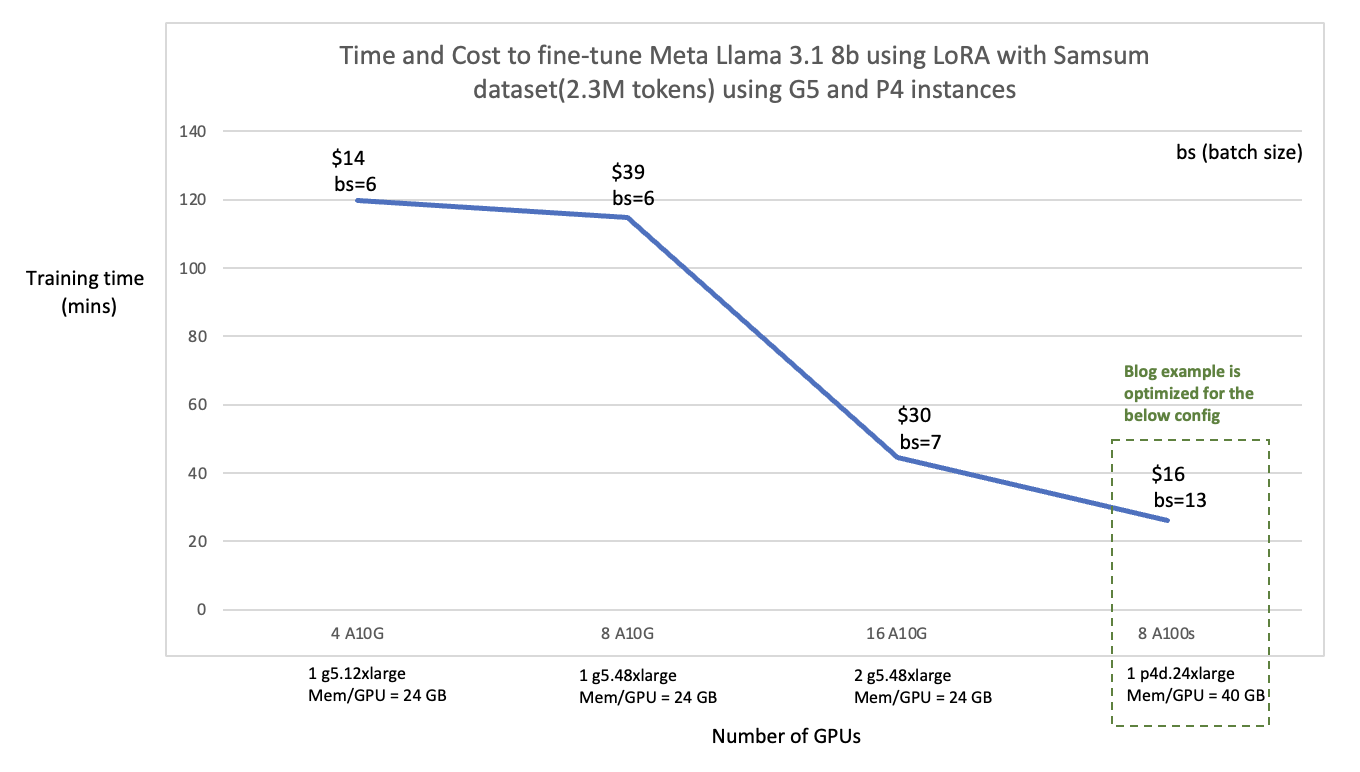Amazon Kendra enhances data sync visibility with new feature. Detailed document reports aid in troubleshooting sync job issues.
Amazon Bedrock Agents enable developers to create autonomous agents using large language models for complex reasoning and action generation. Integrating web search APIs enhances chatbot capabilities, providing real-time web searches within the chat interface for dynamic information retrieval.
Mark Robinson denies making inflammatory comments on a pornography website, attributing them to AI-generated attacks. CNN investigation reveals controversial remarks made by the North Carolina lieutenant governor.
Three Mile Island, site of worst US nuclear meltdown, to power Microsoft AI ops as reactor is reactivated after 5 years. Constellation Energy strikes deal with Microsoft for power supply from infamous Pennsylvania plant.
Enhancing linear methods in reinforcement learning by incorporating state features efficiently without leaving the linear optimization space. Adding interactions between coefficients of the weight vector w to improve approximation without making the optimization problem quadratic.
Amazon Q Business is an AI-powered assistant offering 24/7 tailored support to enhance employee productivity. Deriv saw a 45% decrease in onboarding time and 50% reduction in recruiting efforts using this tool.
AI offers new solutions for mental health and isolation issues. Experts discuss AI's impact on personal lives at British Science Festival.
Google urges UK government to relax laws on AI training with copyrighted materials to prevent falling behind in global AI race. UK ranked 7th in AI readiness index, prompting calls for policy changes to boost data infrastructure.
Advances in AI and ChatGPT are fueling the spread of increasingly realistic fake images, leading to a decline in media literacy. Lack of critical thinking in online content consumption poses a threat to society, as seen in the annoyance caused by staged pranks on social media platforms like TikTok and Instagram.
Shared Nearest Neighbors (SNN) metric enhances outlier detection, prediction, and clustering in high-dimensional datasets. SNN plays a crucial role in popular algorithms like k Nearest Neighbors and is vital for distance-based methods in clustering and outlier detection.
MIT chemists developed Crystalyze, an AI model, to determine structures of powdered crystals, aiding in material characterization for various applications. The model, trained on data from the Materials Project, could solve structures of thousands of materials with unsolved X-ray diffraction patterns.
GeForce NOW adds FINAL FANTASY XVI & Frostpunk 2 to its library. Stream in 4K resolution for an immersive gaming experience.
MIT Entrepreneurship JetPack, an AI tool, offers guidance based on prompts, helping entrepreneurs with research and planning. The tool, part of the Orbit platform, streamlines the startup process, providing recommendations for market segments, pricing, and more.
Meta and AWS collaborate to showcase torchtune, a PyTorch library simplifying fine-tuning of LLMs, optimizing performance and cost efficiency. Challenges in fine-tuning LLMs addressed with LoRA and QLoRA strategies, providing user-friendly training recipes for businesses.
UN report suggests global AI fund for developing nations to benefit from technology advances. Fund would provide models, computing power, and training programs.















